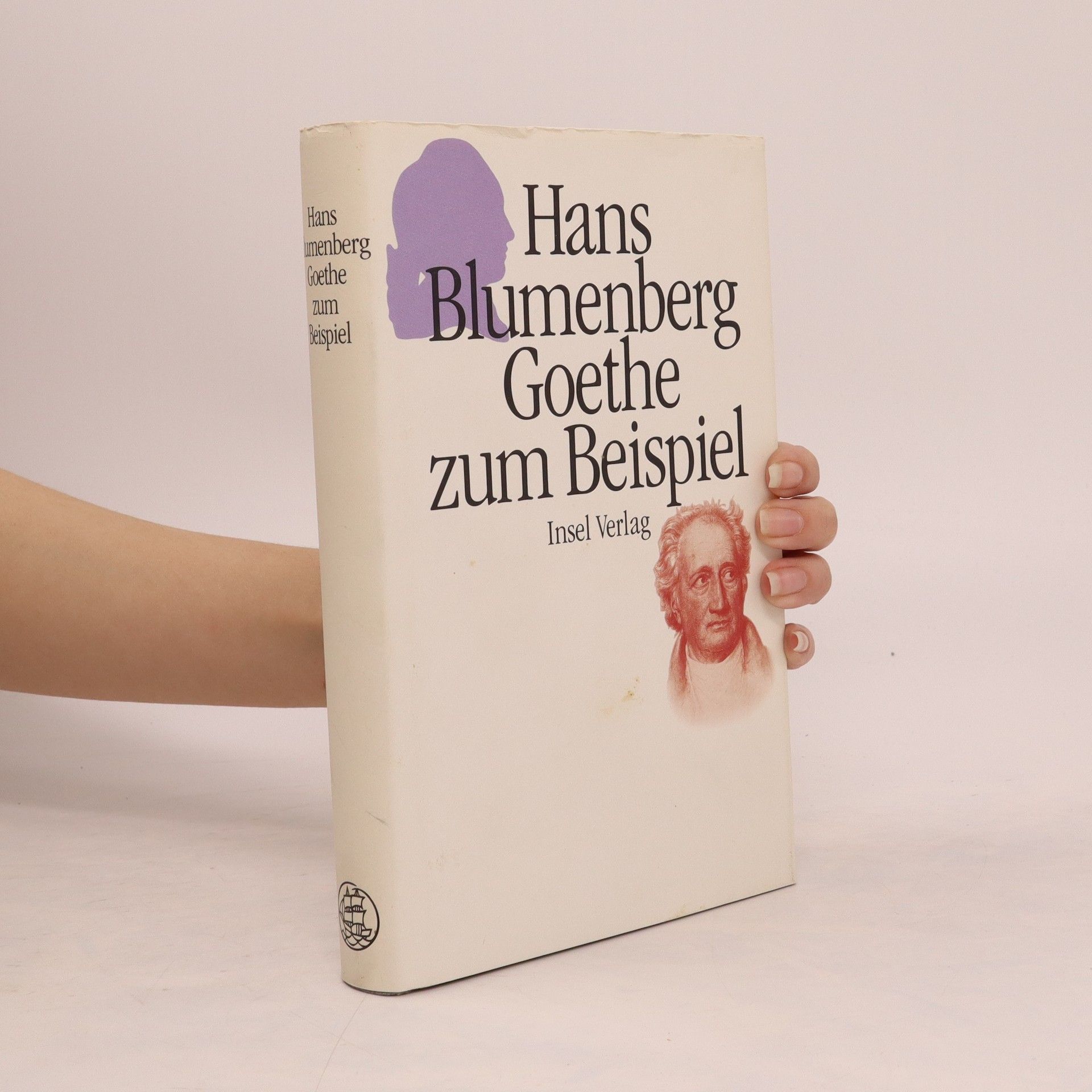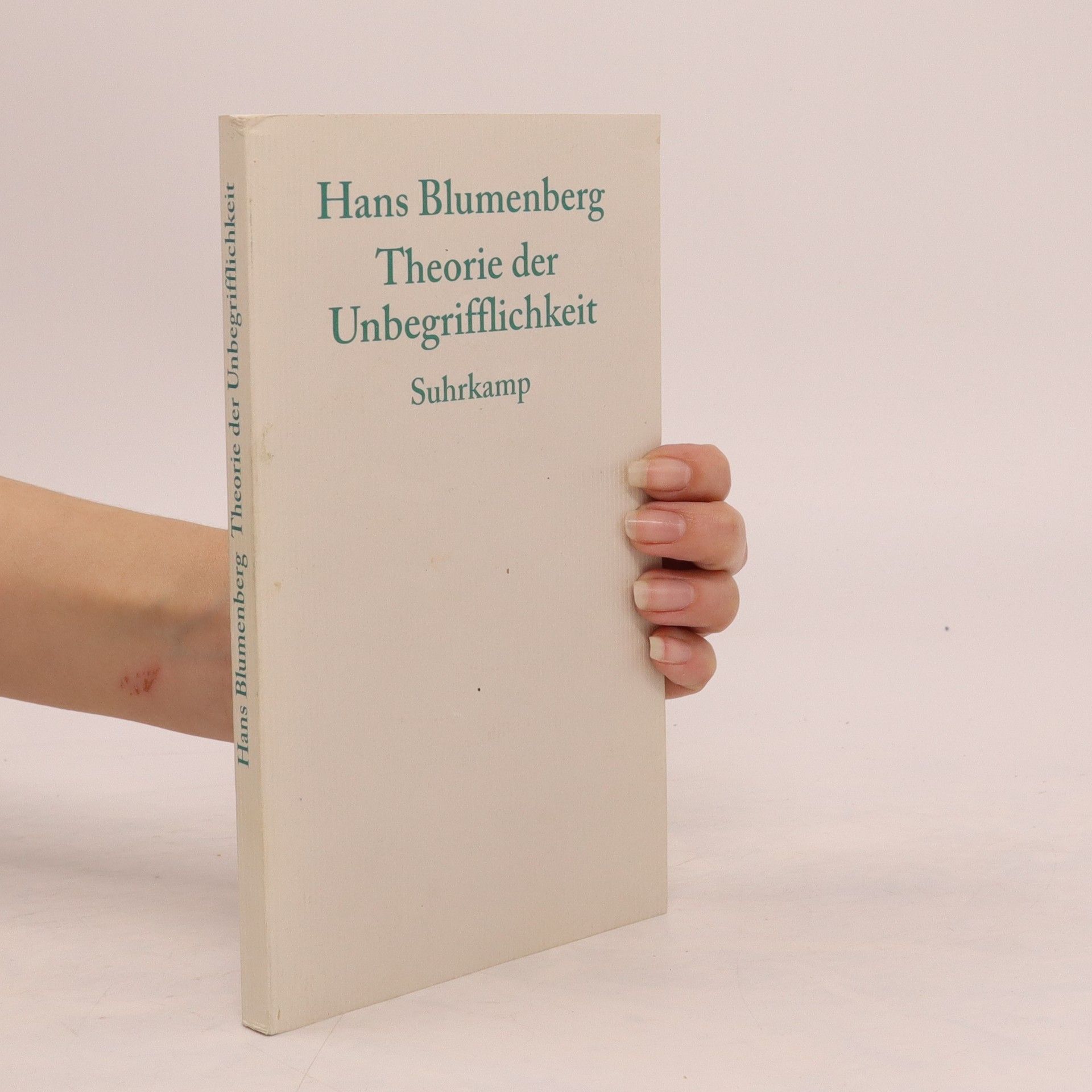History, Metaphors, Fables
- 606bladzijden
- 22 uur lezen
"The philosopher Hans Blumenberg (1920-1996) has, in the quarter-century since his death, become a modern classic in his native Germany, making him one of the most important philosophers of the post-war period. This collection offers an invaluable guide, containing both his most important philosophical essays as well as selections of his non-academic writings that appeared in newspapers and cultural magazines. The topics covered include modernity and secularization, the philosophy of history, the history of science and technology, language philosophy and rhetoricity, aesthetics and literary theory, philosophical anthropology, theology, and mythical thought"--










